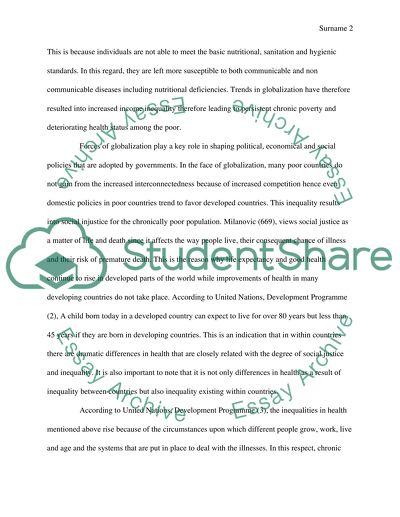Cite this document
(“Globalization and chronic poverty and health Essay”, n.d.)
Globalization and chronic poverty and health Essay. Retrieved from https://studentshare.org/health-sciences-medicine/1693490-globalization-and-chronic-poverty-and-health
Globalization and chronic poverty and health Essay. Retrieved from https://studentshare.org/health-sciences-medicine/1693490-globalization-and-chronic-poverty-and-health
(Globalization and Chronic Poverty and Health Essay)
Globalization and Chronic Poverty and Health Essay. https://studentshare.org/health-sciences-medicine/1693490-globalization-and-chronic-poverty-and-health.
Globalization and Chronic Poverty and Health Essay. https://studentshare.org/health-sciences-medicine/1693490-globalization-and-chronic-poverty-and-health.
“Globalization and Chronic Poverty and Health Essay”, n.d. https://studentshare.org/health-sciences-medicine/1693490-globalization-and-chronic-poverty-and-health.


